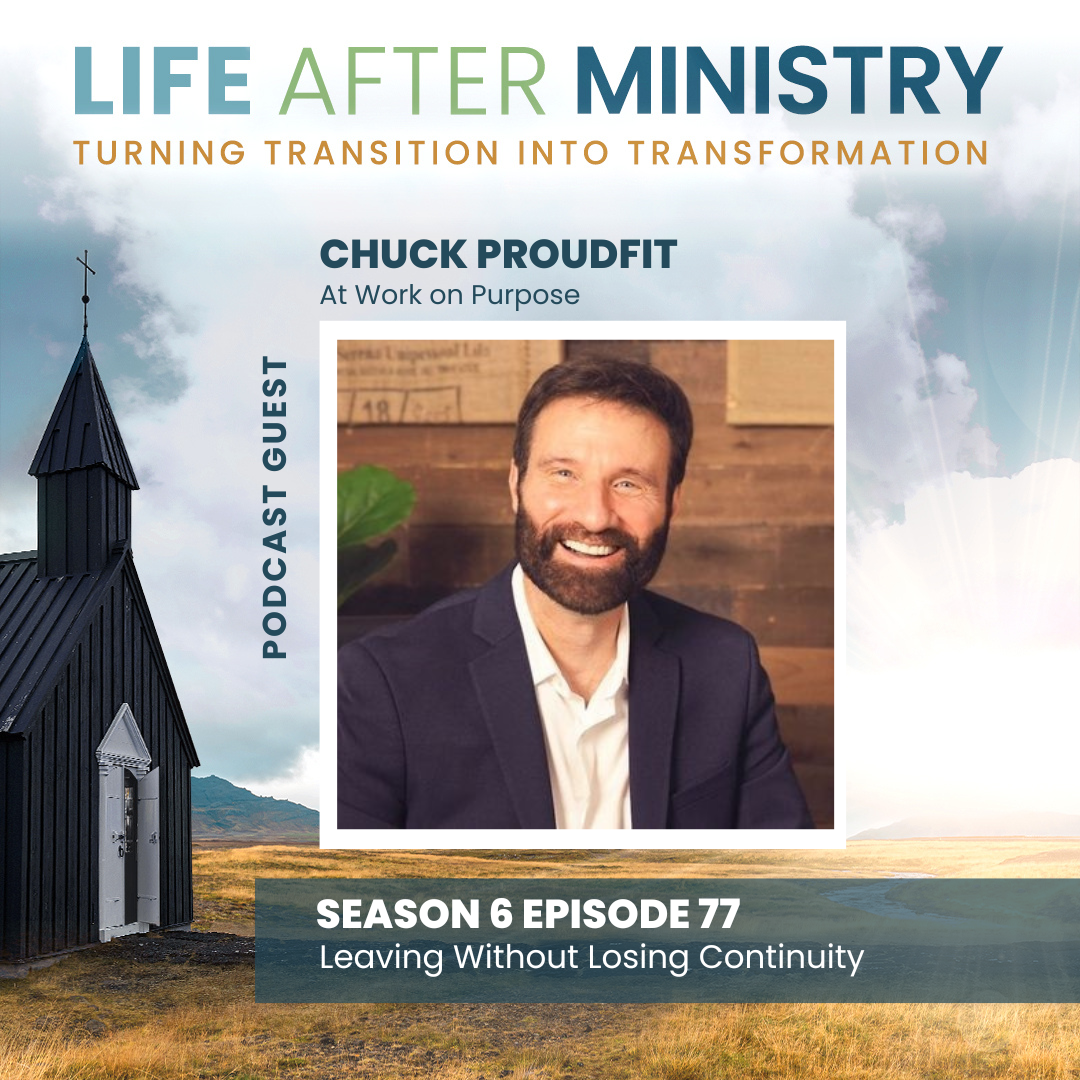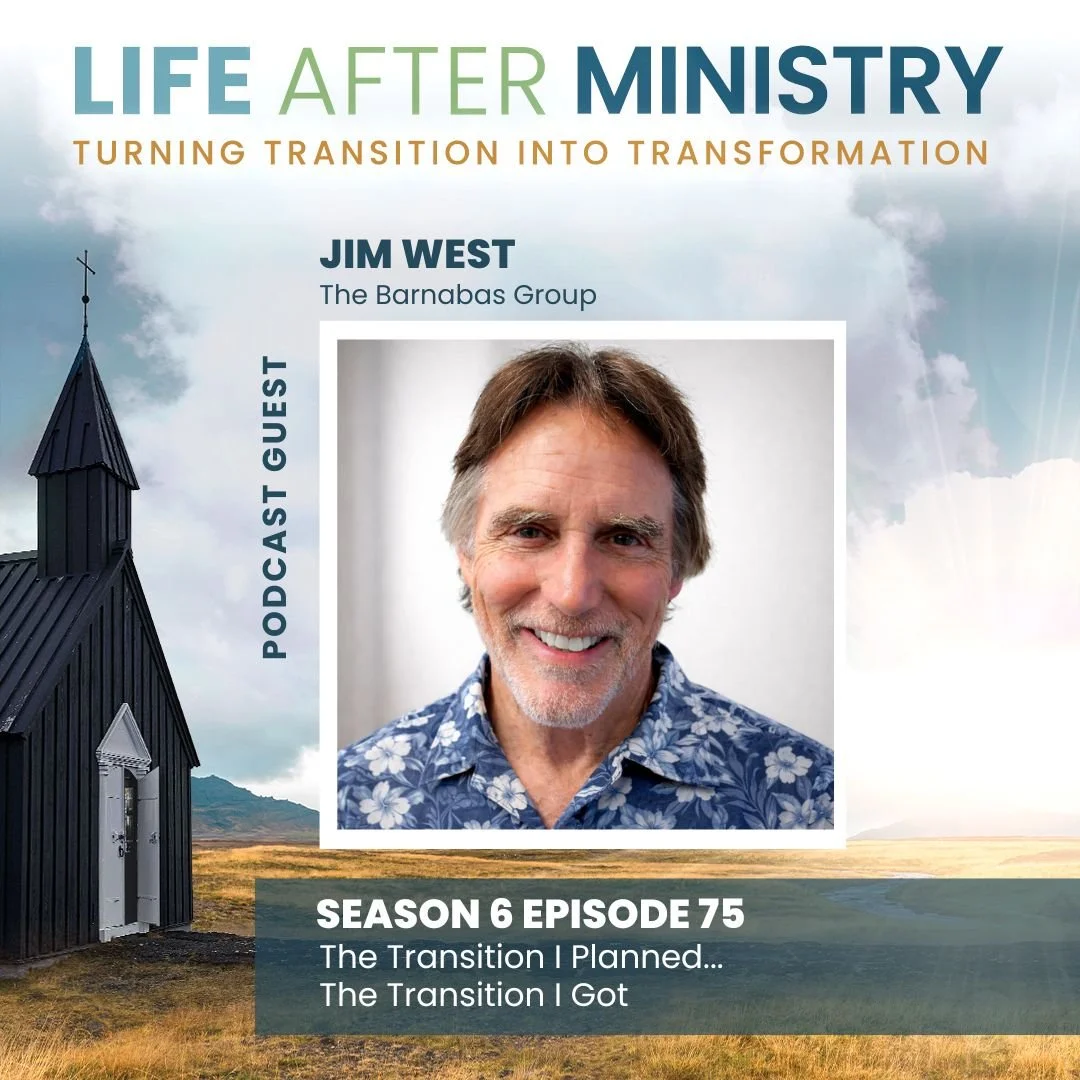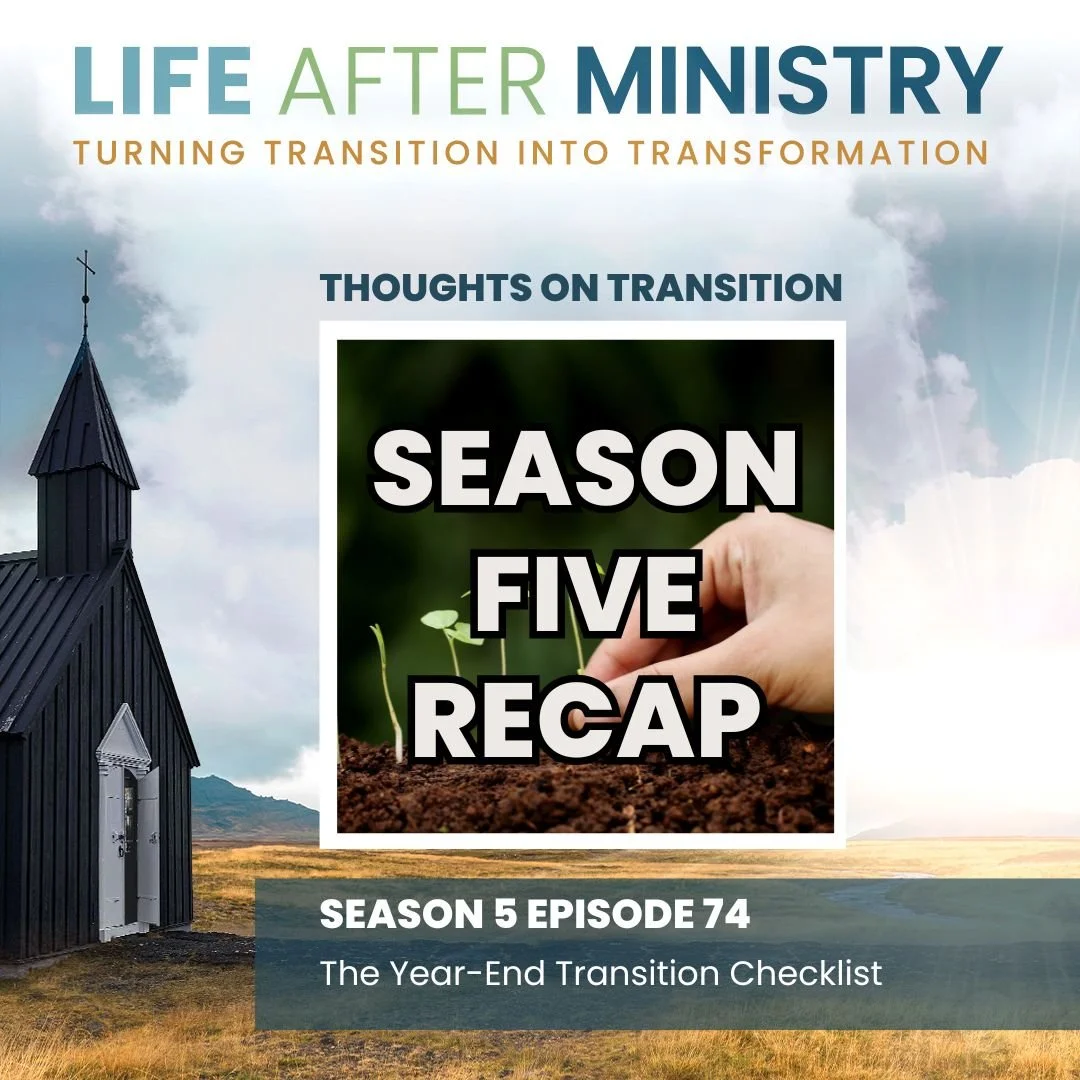Bringing a Missionary Off the Field
There’s no training manual for pulling a missionary off the field. And yet, if you’ve led a missions organization for more than a few years, chances are - you’ve had to do it.
Sometimes it’s for health reasons. Sometimes because of family strain, unresolved team conflict, or a theological divergence that can’t be ignored.
And sometimes…it’s because the work just isn’t working.
Whatever the reason, bringing a missionary off the field is one of the most delicate, high-stakes transitions a sending agency will ever face. Not just because of the people involved, but because of the potential ripple effect on national partners, sending churches, internal teams, and donors.
We’ve seen it handled poorly. And we’ve helped it go better. Either way, here’s what we know: this moment requires more than good intentions. It requires a plan.
Why Missionary Offboarding Is Uniquely Complex
Removing a local staff member is one thing. Offboarding a missionary is something else entirely. These transitions cross not just borders but emotional, relational, and spiritual thresholds. Here’s why:
1. International logistics require more than a suitcase and a plane ticket.
Visas, housing contracts, schooling options for children, asset liquidation, pet relocation, financial accounts - all need coordinated exit plans. For families with years of life embedded in another culture, this process is not a two-week turnaround. It’s an unweaving of everything from legal paperwork to language habits.
2. Cross-cultural re-entry is not a return to normal - it’s a new normal.
Many missionaries feel like foreigners in their home country. They grieve the culture they left and feel misunderstood by the one they’ve returned to. Cultural norms, church styles, even humor and dress can be sources of stress. Without thoughtful preparation and pastoral care, re-entry can lead to deep isolation.
3. The emotional and spiritual toll can’t be underestimated.
Missionaries don’t just lose a job, they often feel like they’ve lost a calling. Their identity, spiritual purpose, and daily rhythms were wrapped up in life on the field. Coming off the field can feel like abandonment or failure, even if it was the right decision.
4. Financial implications go beyond the individual.
Supporters, churches, and donors must be informed in a way that’s truthful but honors the missionary. Sudden stops in giving or awkward silence from leadership can create distrust and disengagement. Done well, this moment can actually deepen donor trust. Done poorly, it can have the opposite effect.
5. A theology of calling can feel shattered.
The word "release" may be used to signal a transition, but to the missionary, it can sound like rejection. Many wonder, “Was I ever really called?” A robust theology of calling and seasons - rooted in Scripture - is vital. We often remind people that even Paul had changing assignments. Movement doesn’t mean failure.
The Cost of Delay
Many agencies wait too long to initiate the conversation. They hold out hope. They fear fallout. They want to preserve unity. But the longer you wait, the more likely you are to create a wake of disorientation for everyone involved. Leaders may convince themselves that more time will bring clarity, but without intentional steps forward, it usually brings confusion, silence, and side conversations that fracture trust.
We’ve worked with agencies who delayed a decision by a year - and paid the price in lost trust, internal strife, donor confusion, and strained national partnerships. Staff morale dips, missionaries feel unsupported, and the very partners you’ve spent years building relationships with begin to question your integrity.
Avoidance doesn’t reduce pain. It redistributes it. And the longer you wait, the more people it touches.
What Thoughtful Transition Looks Like
A wise missionary offboarding plan isn’t improvised - it’s intentionally designed. And it starts long before a plane ticket is booked.
Clarify Internal Alignment
The first step isn’t the conversation with the missionary. It’s clarity among the decision-makers. That means your executive team, board, and when applicable, sending church, must be on the same page. Anything less invites miscommunication.
Craft a Unified Communication Plan
Silence breeds confusion. Oversharing breeds drama. The goal is a shared narrative that’s clear, compassionate, and honors everyone involved. Let your internal and external comms team - or an external guide like us - help shape the message.
Build a Comprehensive Re-Entry Plan
Don’t just drop someone in their passport country and expect them to “figure it out.” Create an intentional return plan: housing, counseling, vocational coaching, and clear financial expectations. Include timelines and transition roles.
Honor the Calling, Even in the Ending
Romans 12:10 urges us to “outdo one another in showing honor.” Even when the field season ends in disappointment, we believe churches and agencies have a responsibility to send missionaries home with dignity. This is a chance to model the very Gospel we’ve been sending them to proclaim.
Focus on What’s Next, Not What’s Over
Missionaries need to hear this: “Your season with us is ending, but your Kingdom impact is not.” We’ve helped individuals discern next steps into local ministry, counseling roles, marketplace jobs, and sometimes…another field. Helping people process what's next is part of our calling.
We Can Help
At Ministry Transitions, our team includes former missionaries, sending church staff, and licensed counselors. We’ve walked through the hardest transitions - some of them our own. And we know what it takes to make the next one better.
Our role isn’t to take over your process. It’s to build a framework around it. A framework that protects people, preserves relationships, and provides confidence in your leadership.
If you're facing a difficult decision about a missionary on your team, we’d be honored to help.
Noe Rivera is a Licensed Marriage and Family Therapist with over 20 years of experience serving the Church through ministry, missions, and marketplace leadership. He’s led short-term teams to more than 20 countries, co-founded a long-term missionary base in Guatemala, and has worked extensively with missionary communities navigating cross-cultural and mental health challenges. He now provides therapy for pastors, leaders, and their families. A worship pastor’s kid with deep insight into the realities of church life and leadership transitions, Noe is passionate about seeing ministry families thrive in seasons of change. He lives in Southern California with the love of his life, his wife, Juana.









